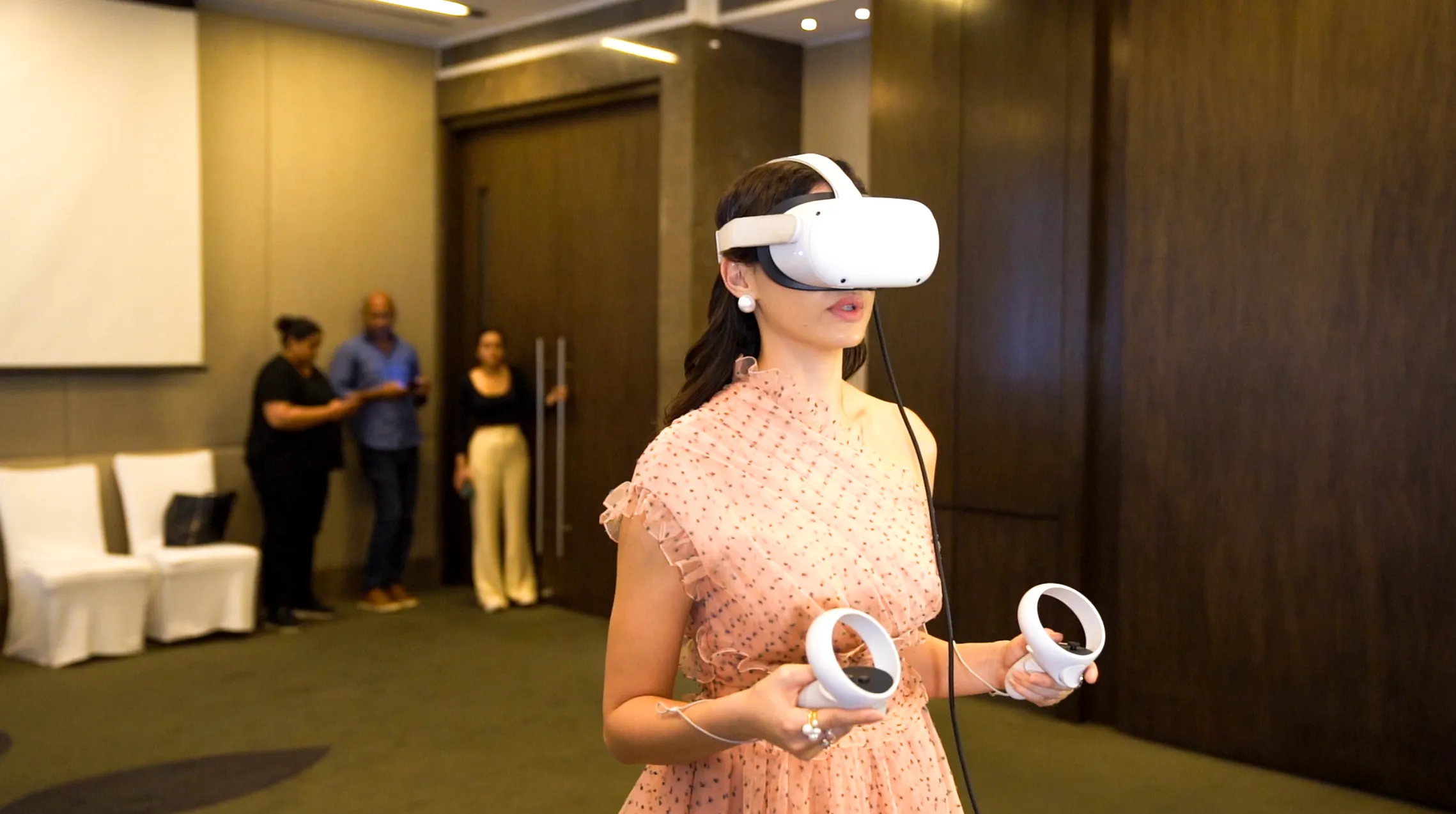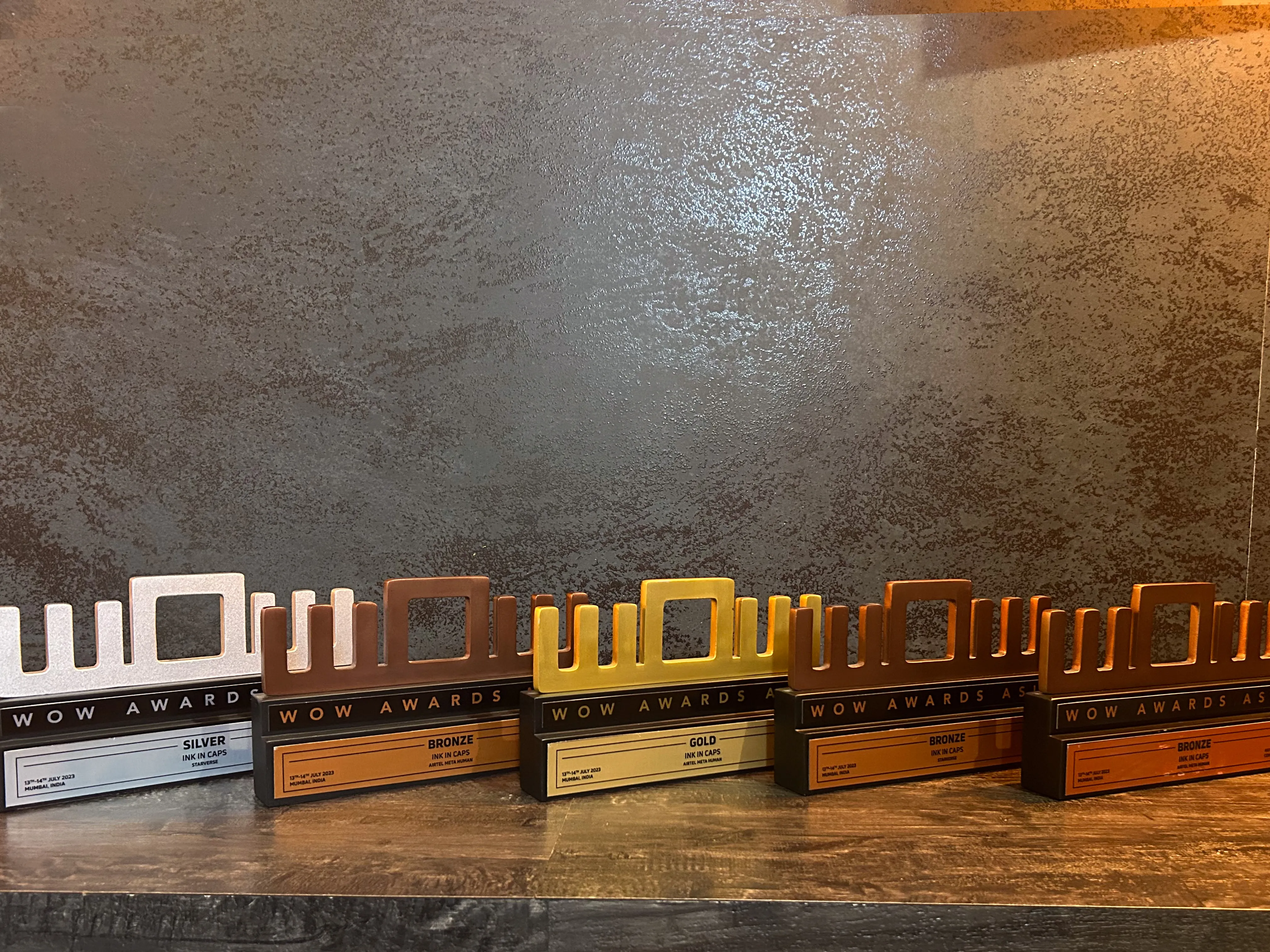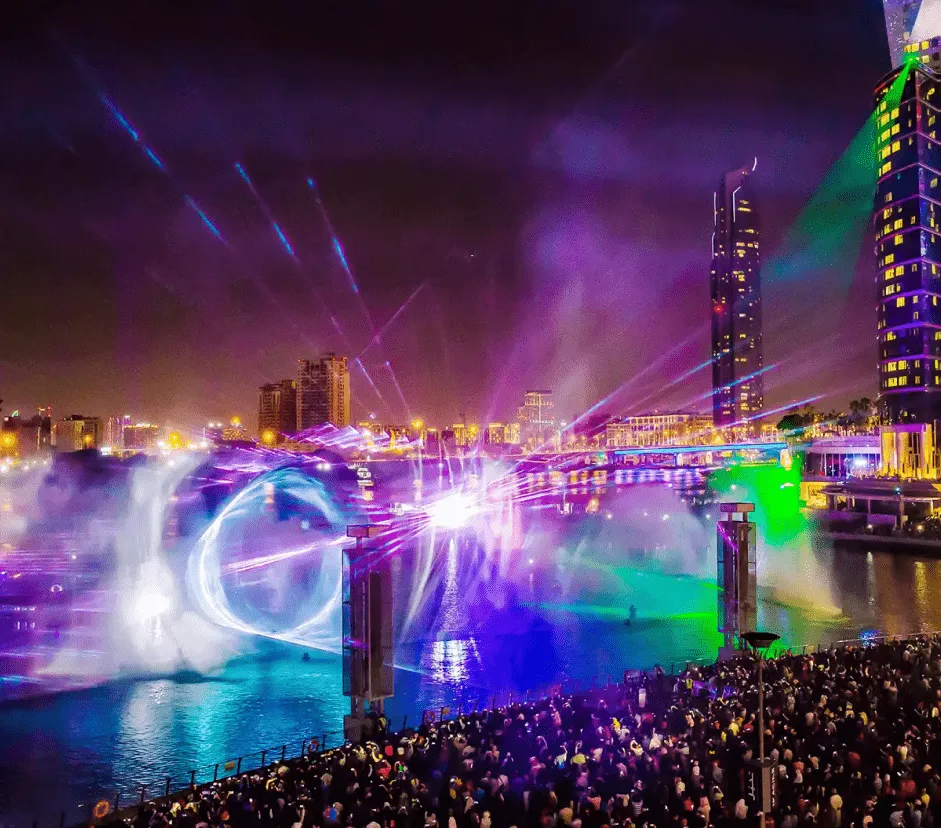The Experiential Marketing Revolution-Transforming Consumer Engagement In Every Touchpoint!

Ink in Caps, a Mumbai-based experiential marketing agency, is revolutionizing consumer engagement through innovative strategies and immersive experiences, redefining brand interactions at various touchpoints, as experiential marketing has become a powerful tool.
Introduction to Experiential Marketing
Experience marketing exceeds expected advertising techniques by giving customers engaging and continuing experiences. The main goal is to establish an immediate emotional connection with the audience and leave a memorable impression.
Evolution of Consumer Engagement
The shift from conventional marketing to experiential marketing has revolutionized consumer behavior. Unlike one-way communication, this approach actively involves customers, making them active participants rather than passive observers.
Key Elements of Experiential Marketing
Immersion-based events and installations, like pop-ups, attract audiences and help them develop a stronger bond with the brand. Through customization of interactions, companies may establish distinct and memorable experiences for customers, resulting in increased brand loyalty.
The Role of Technology in Experiential Marketing
Technological advancements play a pivotal role in elevating experiential marketing. Augmented Reality (AR), Virtual Reality (VR), and Internet of Things (IoT) contribute to creating interactive and engaging experiences, amplifying consumer engagement.
Measuring Success in Experiential Marketing
Determining the success of experiential marketing involves tracking various metrics, including social media engagement, footfall at events, and post-campaign surveys. Understanding the Return on Investment (ROI) helps brands refine their strategies for maximum impact.
Conclusion
Leading the experiential marketing revolution are creative companies like Ink in Caps, and their objectives are to increase customer interaction, create greater connections with brands, and create long-lasting loyalty to brands.
Contact Us Now:






.CNhas5IL_ZqBJiz.webp)


















